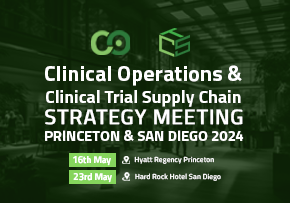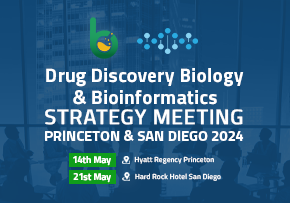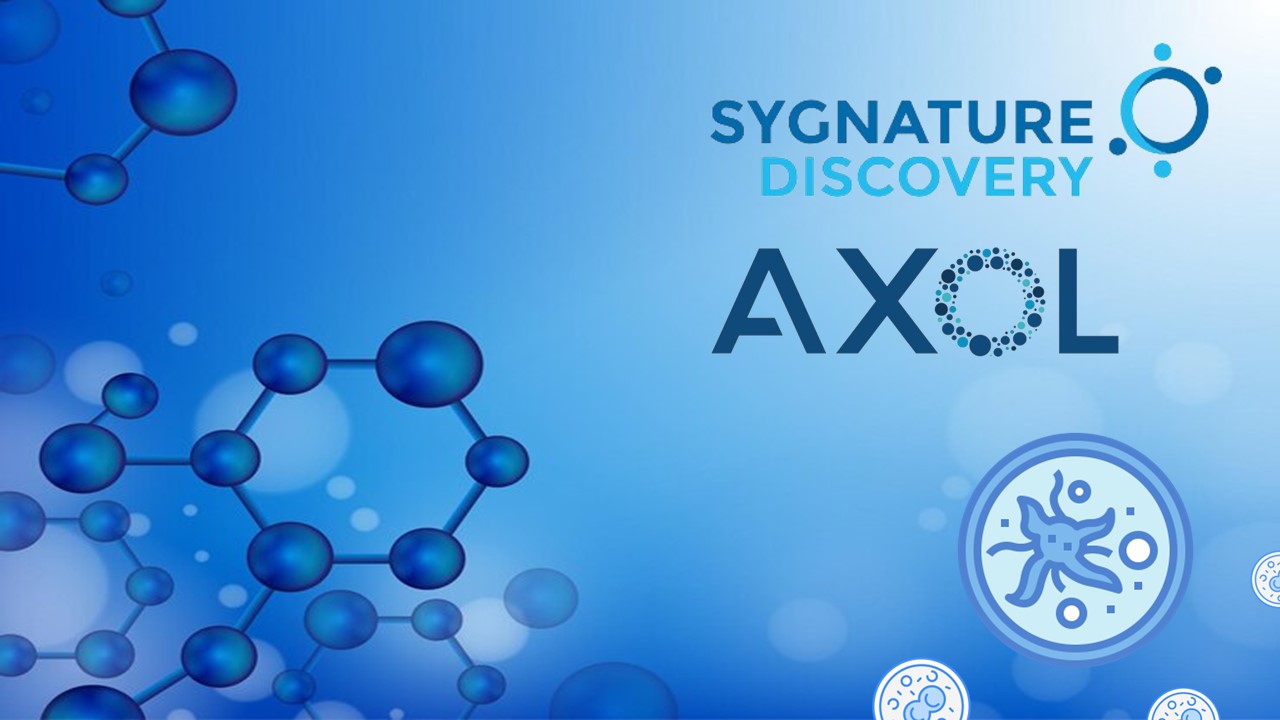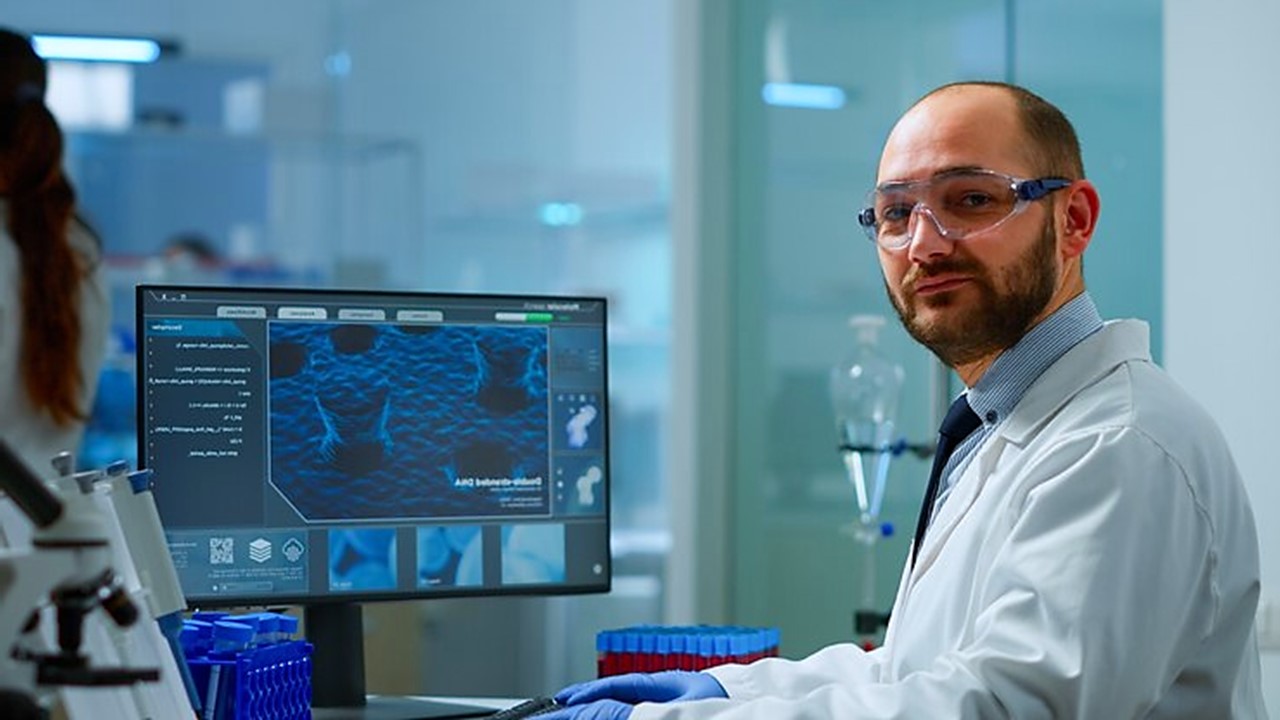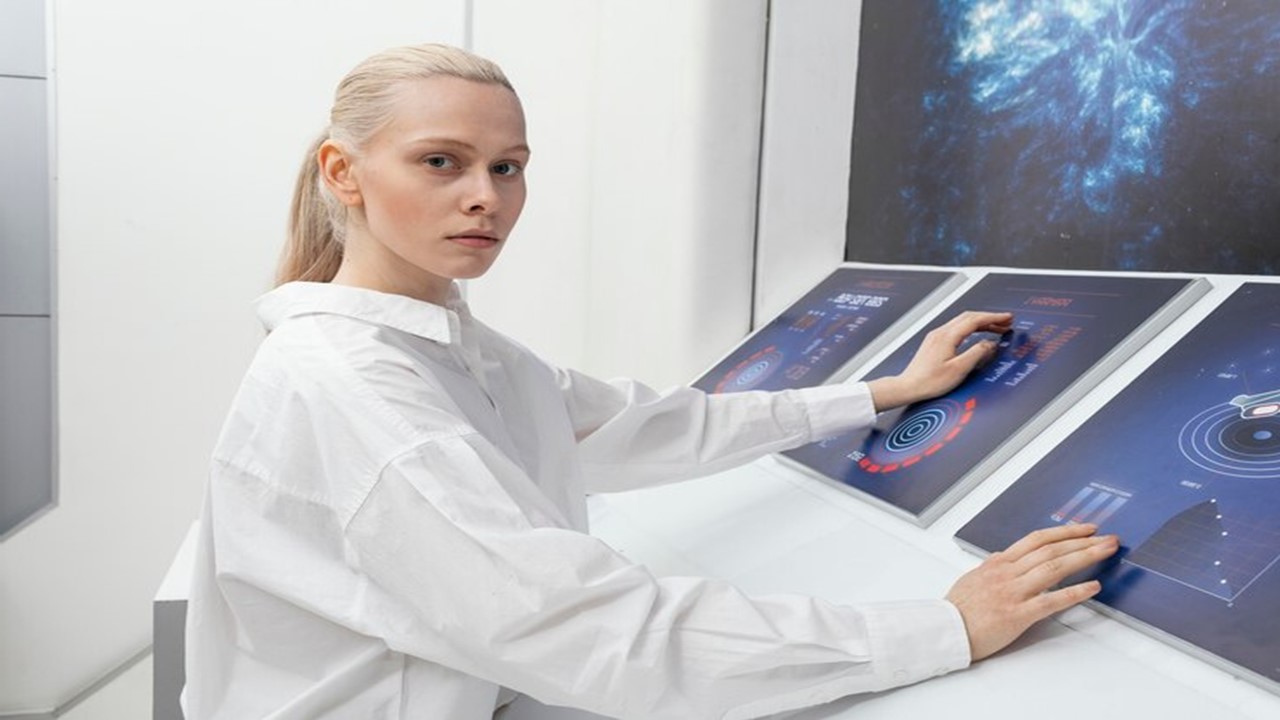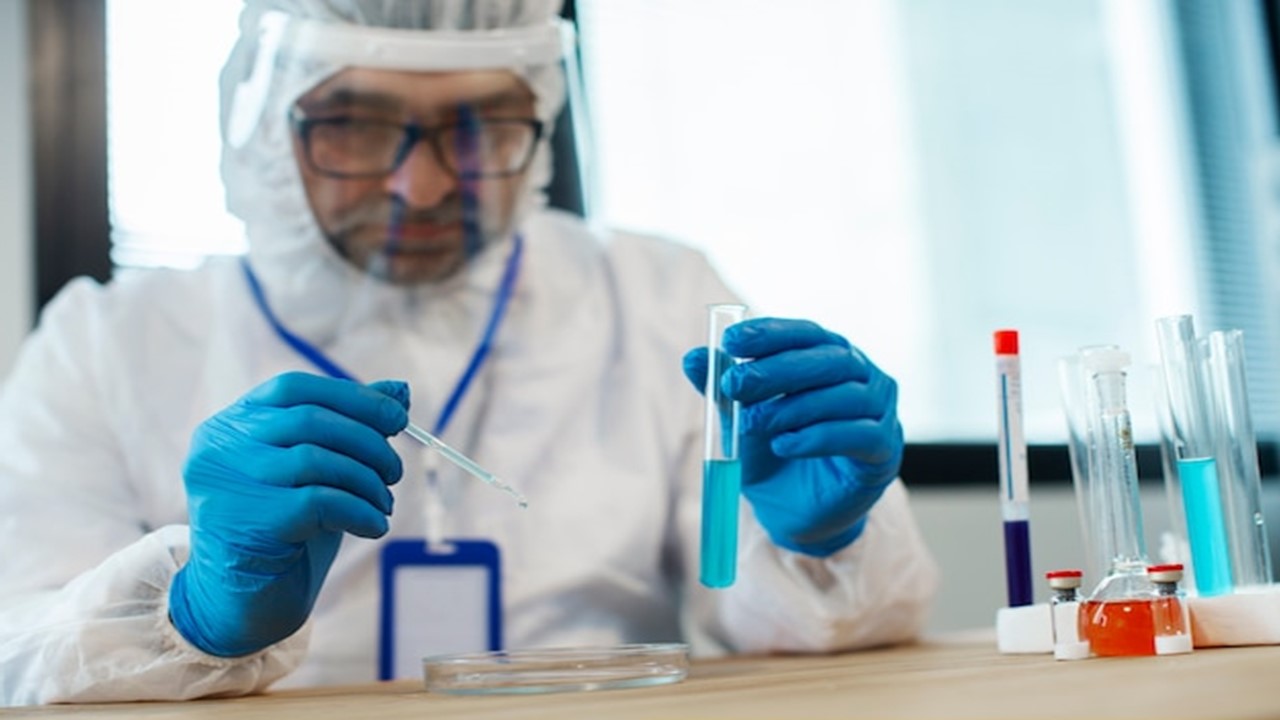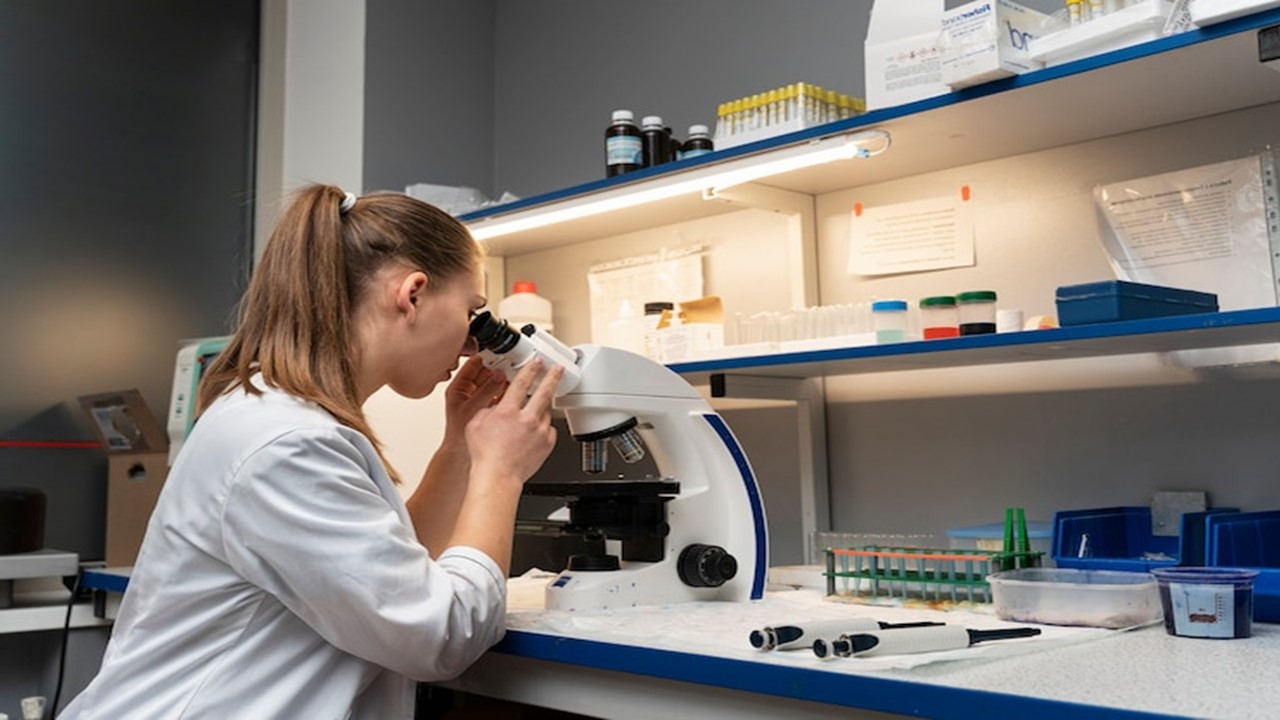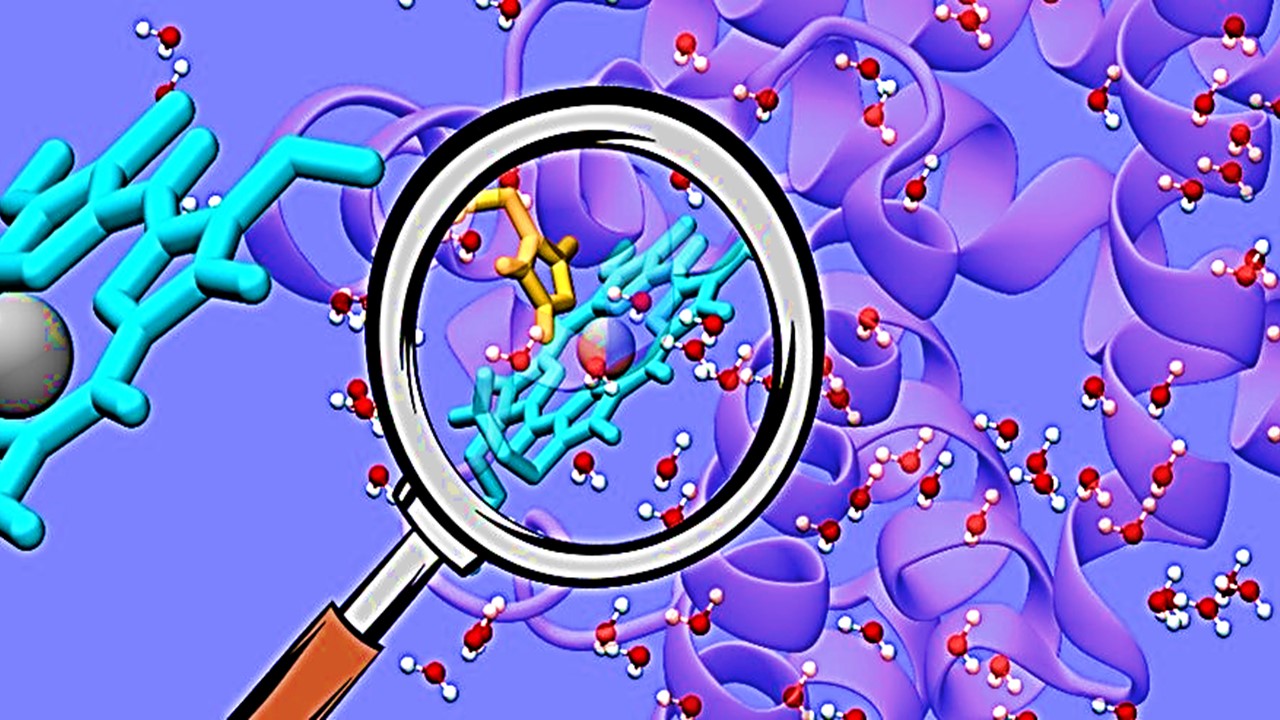Biogen to sell off stake in Samsung Biologics
27-Jan-2022
Biogen announced the sale of its stake in Samsung Biologics for $2.3b, which the latter will be buying back. The sale signifies the conclusion of a highly productive collaboration between the two companies, which commenced in 2012, to work on the Samsung Bioepis joint venture for the development of biosimilars. The companies will continue to work together for their joint agreements, including for the commercialization of their current portfolio – which also comes with leading anti-TNF products in Europe. This portfolio is comprised five antibody biosimilars, as well as an investigational product that remains in the pipeline. The collaboration marked the increasing importance of biosimilars over the last decade, although the future of the market is contingent on improved regulatory environments to allow progress in the field. Biogen CEO, Michael Vounatsos, expressed gratitude for the partnership and reiterated the importance of biosimilars in a forward-looking statement:
“We are thankful to Samsung Biologics for a productive collaboration since 2012. We believe biosimilars are essential to help sustain healthcare systems and represent an important value creation opportunity for Biogen.”
Atara announces strategic manufacturing collaboration with Fujifilm Therapeutics
26-Jan-2022
Atara Biotherapeutics has announced the sale of a manufacturing plant to Fujifilm Diosynth Biotechnologies, a subsidiary of Fujifilm Corporation. Atara is a leader in T-cell therapeutics, using its EBV-T platform to advance the development of transformative therapies for autoimmune disease and cancer. The agreement will see Fujifilm acquire Atara’s T-Cell Operations and Manufacturing site in Thousand Oaks, California for $100m upfront. Additionally, the partnership includes a supply agreement with Fujifilm to provide Atara with flexible manufacturing capacity, for the development of allogeneic cell therapies for its pipeline products. Atara CEO, Pascal Touchon, signified that the agreement will allow Atara to focus on developing its pipeline while leveraging Fujifilm’s expertise in the manufacturing space:
“We believe that now is the right time for a strategic relationship with FDB to provide us with expert manufacturing capabilities, as needed. Accordingly, we will further focus capital resources on the development and commercialization of our pipeline of potentially transformative therapeutics for serious diseases”
Akili Interactive goes public with SPAC merger
26-Jan-2022
Akili Interactive has announced that it will be going public after a merger with Social Capital Suvretta Holdings Corp. I. Akili is concentrating on the development of its digital therapeutic platform to tackle cognitive impairments, the move highlights that its revolutionary approach to treating central nervous system conditions is only growing in prominence. The combined value of the merged company is estimated at ~$1b. Akili’s approach is centered on the belief that directly engaging brain function will be the next frontier for neuromedicine and holds potential for conditions such as major depressive disorder, attention deficit/hyperactivity disorder, and even the notable brain fog sequelae from long COVID, among others. The CEO of the SPAC acquiring Akili commented on the uniqueness of its methods and the promise they hold for the future:
“Akili is taking a new approach to cognitive science – using software to target our underlying cognitive function and creating an entirely new class of medicine as a byproduct. With its first-ever, clinically validated digital therapeutic (EndeavorRx®), Akili has the unique opportunity to change how we treat pediatric ADHD. They have also laid the groundwork to treat a wide range of other cognitive issues affecting tens of millions of people around the world.”
Biome Bank and Hudson Institute partner for microbiome treatments
26-Jan-2022
Biome Bank has initiated a partnership with the Hudson Institute of Medical Research for the advancement of microbial therapies, in an attempt to capitalize on the latter’s unique academic research insights to combat disease. The Hudson Institute carries out extensive research on the microbiome, a topic that has been gaining momentum throughout the life sciences industry. The agreement includes a memorandum of understanding and will last for at least four years, granting Biome Bank access to unique insights in how the microbiome could be exploited to treat conditions such as Inflammatory Bowel Syndrome (IBS), using high-resolution cultural analysis rather than stool samples. Biome Bank CEO, Thomas Mitchell, expressed particular hope in making inroads for the treatment of IBS in a forward-looking statement:
“Together with Hudson Institute and along with its plans to establish a world-class NCIR, we’ll work to identify the key microbial strains which play a role in IBD and combine our capabilities to develop a safe and effective microbial therapy for patients.”
J&J Expects Increased M&A activity as spin-off draws near
26-Jan-2022
Johnson & Johnson indicated hope for an increase in mergers and acquisitions deals in the near future, as expressed by their Chief Financial Officer, Joseph Wolk, to CNBC this week. This comes as the company expects a better debt position, after a stock market selloff and overall strengthened balance sheet. J&J is also nearing the spin-off of its commercial health products division, which the company indicates will not slow their bullish stance on the M&A environment. The expected market volatility in 2022, amid a biotech sell-off, provides further hope for J&J which will be looking for ways to provide strong growth increases. The same subject was raised in an investor conference call by J&J CEO Joaquin Duato, with a focus on small and medium sized companies that can be completely absorbed:
“We are constantly looking at M&A as a key source of growth for our business. Our position in cash today makes us be more aggressive in that area,”
BenchSci raises $50m for financing AI platform
24-Jan-2022
BenchSci, an emerging player in the Artificial Intelligence space for the life sciences, has announced their success in raising $50m in funding for a Series C financing round. This nearly doubles the total investment for BenchSci, showing increased confidence in their leading machine learning applications for medical development. These include 100 proprietary machine learning models used by dozens of thousands of professionals around the world, and is an indicator of the growing prominence of AI in accelerating drug design and preclinical development – and even clinical development. Similar sentiments were expressed by BenchSci CEO, Liran Belenzon, in a forward looking statement:
“We’re using breakthrough machine learning technology to shape the future of how life science companies conduct research, from identifying targets, to planning experiments, to determining clinical trial risks. The confidence demonstrated by global pharmaceutical companies who are early adopters of our new solutions was enough to convince Inovia Capital to fund another round and prompt TCV to back our meteoric hypergrowth”
Evotec to work with Boehringer Ingelheim on iPSC treatments for opthalmology
25-Jan-2022
Evotec announced the initiation of a partnership with Boehringer Ingelheim for the advancement of induced Pluripotent Stem Cell treatments in ophthalmologic diseases. Boehringer hopes to take advantage of Evotec’s panomics screening platforms for the screening of human-derived iPSCs, to assist in the identification and validation of small molecules that can provide productive interventions. Boehringer will maintain exclusive rights to further discovery and development efforts, and Evotec will receive associated milestone and royalty payments – in addition to undisclosed upfront sums. Evotec CSO, Cord Dohrmann, expressed confidence in the potential of Evotec’s platform to accelerate the development of possible therapies:
“Phenotypic screening approaches have a long history of delivering highly effective drugs based on novel molecular mechanisms. Phenotypic screens based on human iPSC-derived disease models combined with our unbiased PanOmics readouts are more likely to deliver disease relevant drugs than any other cell-based screening approach.”
National Cancer Center Japan to work with Illumina for Nasopharyngeal Carcinoma
24-Jan-2022
Illumina announced the commencement of a new initiative with the National Cancer Center Japan to combat one of the leading causes of death in Asia – nasopharyngeal carcinoma. In a move that highlights the growing importance and prominence of circulating tumor DNA (ctDNA) in oncology, Illumina will be putting its high-throughput DNA sequencing technology to provide blood-based genomic profiles for patients living with the disease. The data generated from the joint initiative will later be used for the creation of improved collaborative trials between Japan, Malaysia, Thailand, Vietnam, the Philippines and Indonesia. Given that 67% of all new cases for nasopharyngeal cancer are found in Southeast Asia each year, the development holds promise for future efforts to tackle the disease.
Virica Biotech and Oxford Biomedica to embark on vector gene therapy partnership
24-Jan-2022
Virica Biotech announced a new collaboration with Oxford Biomedica, which will seek to improve the production and manufacture of next generation lentiviral vector gene therapies using Virica’s Viral Sensitizer proprietary technology. The partnership holds immense potential – Oxford Biomedica was the first to develop an FDA and EMA approved CAR-T cell therapy, using its LentiVector platform. Yield improvements in the production of such novel therapies promise to ameliorate some key points of concern from consumers – particularly price and availability issues. Increased demand for vectored technologies has also shown that efficiency-improving partnerships are invaluable, as expressed by the Chief Business Officer of Virica Biotech, Ella Korets-Smith:
“There is growing demand from major industry players to use leading lentivirus technologies, like Oxford Biomedica’s LentiVector® platform, to develop cell and gene therapies. We envision our VSEs™ as an ideal solution in their quest to pursue new ways to increase commercial yields in order to support the use of lifesaving cell and gene therapies globally.”
Subscribe
to get our
LATEST NEWS
Related Posts
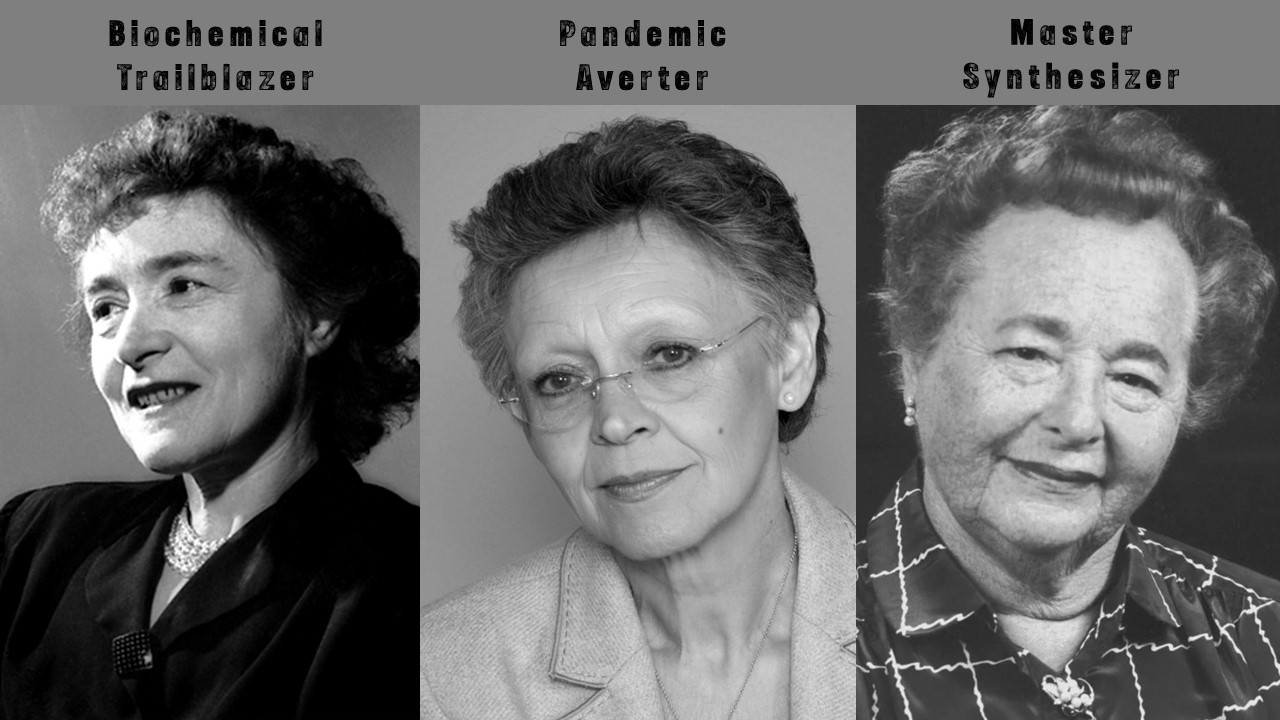
Leadership, Trends & Investments
The Immigrant, The Career-Undecided, and The Supermarket Supervisor-turned-Scientist
Learn more about the 1947, 1988, and 2008 Physiology or Medicine Female Nobel Laureates.

Leadership, Trends & Investments
Breaking Barriers in Radiopharmaceuticals: The Pioneering Leadership of Roseanne Satz
Roseanne Satz breaks barriers with her commitment to diversity and innovation in radiopharmaceuticals.
